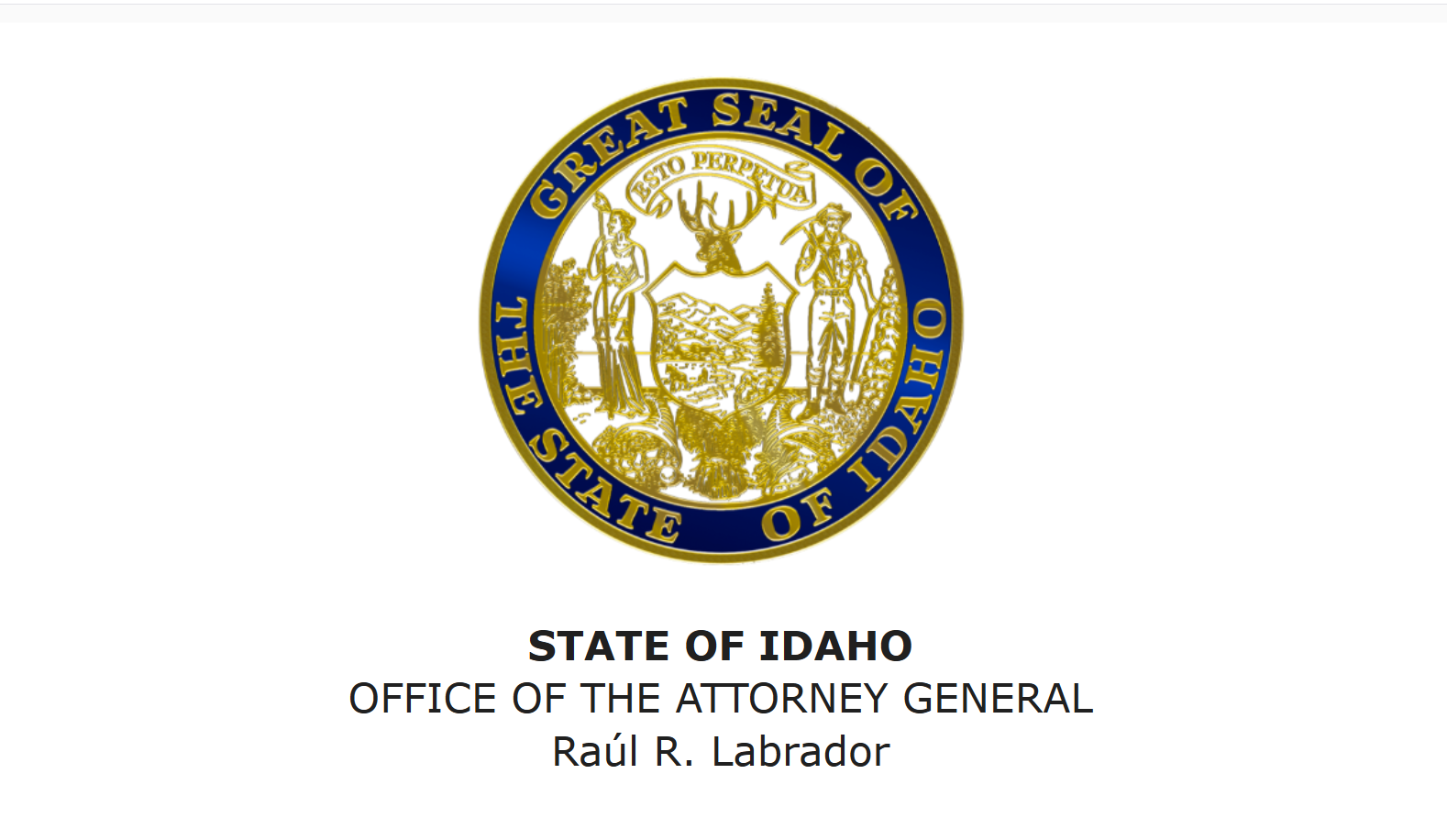by Clark Corbin, Idaho Capital Sun
September 6, 2024
The U.S. Forest Service issued a draft record of decision Friday authorizing a gold mining company to resume operations at Stibnite Mine in Central Idaho’s Payette National Forest, a proposal that would become one of the largest gold, silver and antimony mines in the United States.
Friday’s draft record of decision begins a 45-day objection period where the public can comment on the draft record of decision and a 45-day resolution period. After that, the U.S. Forest Service can issue a final record of decision, which supporters of the project said could happen before the end of the year. Information about commenting and filing objections is available on the U.S. Forest Service website.
The decision involves the Stibnite Gold Mine, which is located outside the tiny town of Yellow Pine in Valley County, about 45 miles from Cascade and 100 miles from Boise. The mine is located just outside the boundary of the Frank Church-River of No Return Wilderness, which wildlife biologists and conservationists say is an important habitat for a variety of wildlife species including salmon, bears, wolves, wolverines, elk, eagles and other animals.
The decision involves the Stibnite Gold Mine, which is located outside the tiny town of Yellow Pine in Valley County, about 45 miles from Cascade and 100 miles from Boise. The mine is located just outside the boundary of the Frank Church-River of No Return Wilderness, which wildlife biologists and conservationists say is an important habitat for a variety of wildlife species including salmon, bears, wolves, wolverines, elk, eagles and other animals.
Plan would allow for gold, silver and antimony mining on about 3,200 acres
The plan the U.S. Forest Service selected will disturb or re-disturb about 3,200 acres of land by creating or expanding three open pit mines, an area for processing ore, a facility to store mine tailings, buttress, an employee housing facility, an access road, a transmission line and a road maintenance facility, according to the draft record of decision.
The plan has several phases, including three years of construction, 15 years of mining and ore processing operations, for a total of 17 years of surface and underground exploration.
“The Stibnite Gold Project would create one of the largest gold, silver and antimony mines in the United States,” officials with the U.S. Forest Service said in a press release announcing the draft record of decision.
Officials with Perpetua Resources, formerly Midas Gold, are seeking approval to resume mining at Stibnite Gold Mine. In a statement released Thursday, officials with Perpetua Resources said they plan to mine for gold and unlock the United States’ only reserve of a mineral called antimony, all while cleaning up historic mine waste. Perpetua Resources says antimony can be used to develop liquid metal batteries and ammunition.
“We believe that the Stibnite Gold Project is a win-win-win,” said Jon Cherry, president and CEO of Perpetua Resources in a written statement. “It’s a win for Idaho, it’s a win for the environment, and it’s a win for America’s national security. Our independence from Chinese control over antimony is right here in our backyard, and Perpetua Resources is honored to provide a critical part of the solution to the United States’ strategic need for antimony, while also delivering an economically robust gold mine that will create new jobs in Idaho. It’s time for the Stibnite Gold Project to help secure our future.”
Conservation organizations, tribes remain concerned about pollution from the mining project
But conservationists and members of the Nez Perce Tribe have voiced concerns for years about the proposal. A coalition of organizations including Save the South Fork Salmon, Idaho Conservation League, Idaho Rivers United, Advocates for the West, American Rivers and Earthworks issued a statement Friday expressing concern that the pollution from the mine could harm threatened fish in the Salmon River watershed. They also warned the mine and mining activities would permanently scar thousands of acres of public lands in the Salmon River Mountains, violate treaties signed with Native American tribes and jeopardize clean water.
“The Stibnite Gold Project risks irreversible harm to one of the nation’s most cherished and ecologically important river ecosystems,” said Zack Waterman, Northern Rockies conservation director for American Rivers. An overhead view of the abandoned Yellow Pine Pit at the Stibnite Mine, which Perpetua Resources hopes to resume mining in. (Clark Corbin/Idaho Capital Sun)

Conservation groups said the plan doubles the size of the disturbed area and allows the Yellow Pine Pit to extend 700 feet below the East Fork of the South Fork of the Salmon River, which would require the river to be rerouted through concrete tunnels while mining takes place.
“The plan still involves excavating three massive open pits, punching in a road through three roadless areas along the boundary of the Frank Church River of Return Wilderness, and filling Meadow Creek with toxic mine waste,” John Robison of the Idaho Conservation League said in a written statement.
Area creeks and rivers are polluted due to nearly 100 years worth of mining near Idaho’s Stibnite Gold Mine
Mining began near Stibnite in 1899 with the Thunder Mountain Gold Rush and ramped up through the 1930s and 1940s, when antimony and metals mined at Stibnite contributed to the World War II effort, according to Forest Service records and Perpetua Resources. All mining operations stopped by 1992, according to Forest Service documents. A lot of the mining equipment was abandoned, and much of it remains in the forest today. The East Fork of the South Fork of the Salmon River flows into an abandoned open pit mine, and rivers and creeks in and around the mine site are polluted with arsenic and sediment, the Idaho Capital Sun previously reported, following a 2022 tour of the mine site.
Perpetua Resources is proposing to resume mining operations and says it will clean up some of the legacy waste as it conducts mining operations. Perpetua also plans to backfill a mine pit, reclaim the area and rebuild sections of the river and restore 450 acres of wetlands. Some of the projects would take place while mining is underway and other projects would take place after mining ends.
Stibnite Gold Mine Draft Record of Decision
Idaho Capital Sun is part of States Newsroom, a nonprofit news network supported by grants and a coalition of donors as a 501c(3) public charity. Idaho Capital Sun maintains editorial independence. Contact Editor Christina Lords for questions: info@idahocapitalsun.com.







